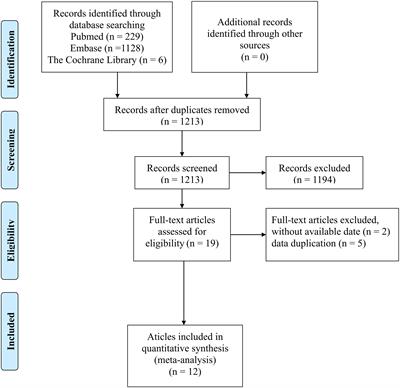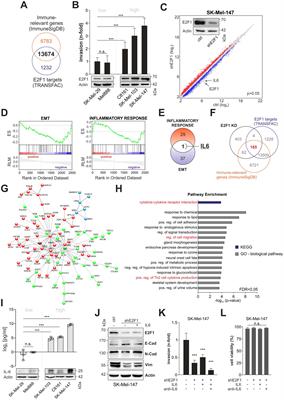ORIGINAL RESEARCH
Accepted on 21 Apr 2025
Construction of a Stromal Cell-Related Prognostic Signature Based on a 101-Combination Machine Learning Framework for Predicting Prognosis and Immunotherapy Response in Triple-Negative Breast Cancer
doi 10.3389/fimmu.2025.1544348


